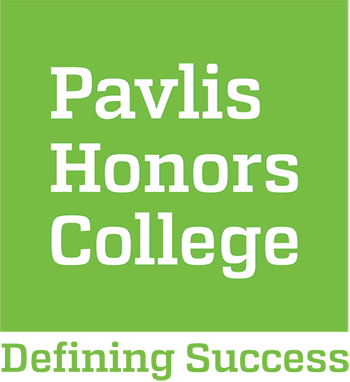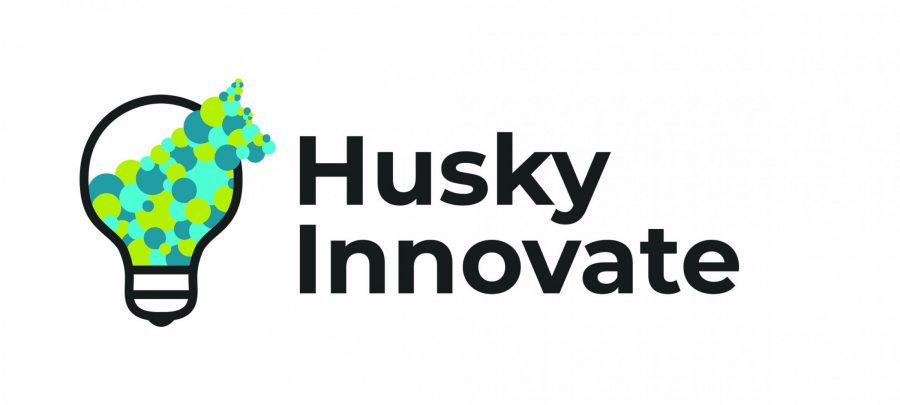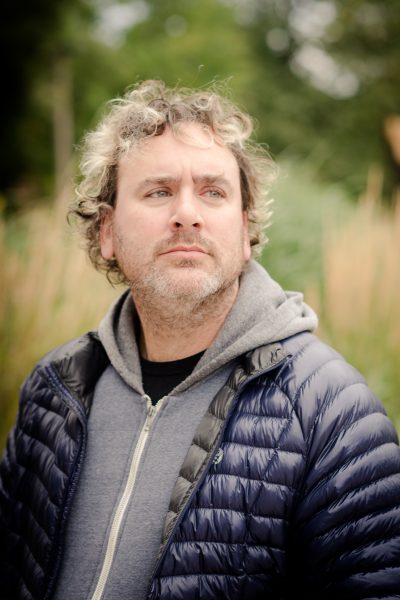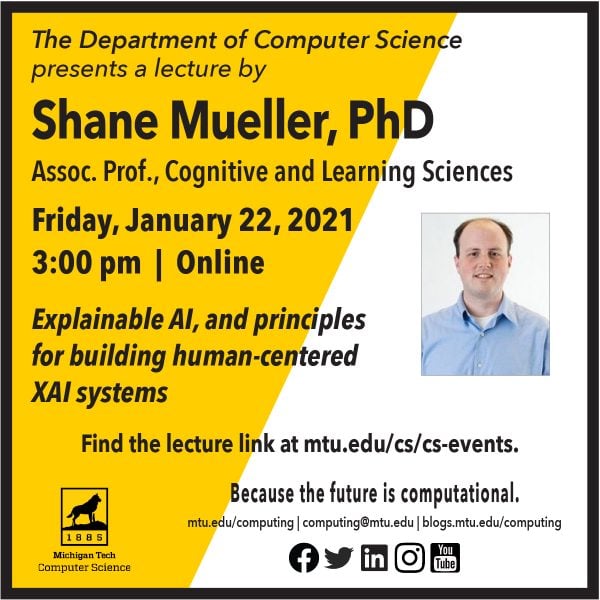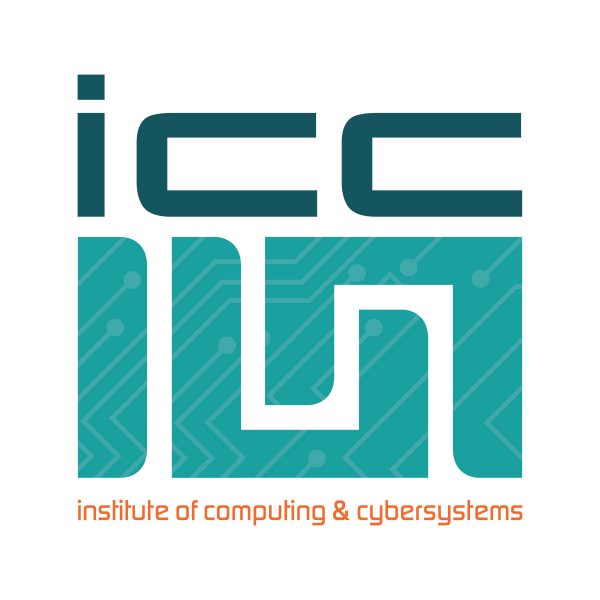
Thomas Oommen, Timothy C. Havens, Guy Meadows (GLRC), and Himanshu Grover (U. Washington) have been awarded funding in the NSF Civic Innovation Challenge for their project, “Helping Rural Counties to Enhance Flooding and Coastal Disaster Resilience and Adaptation.”
The six-month project award is $49,999.
Vision. The vision of the new project is to develop methods that use remote sensing data resources and citizen engagement (crowdsourcing) to address current data gaps for improved flood hazard modeling and visualization that is transferable to rural communities.
Objective. The objective of the Phase-1 project is to bring together community-university partners to understand the data gaps in addressing flooding and coastal disaster in three Northern Michigan counties.
The Researchers
Thomas Oommen is a professor in the Geological and Mining Engineering and Sciences department. His research efforts focus on developing improved susceptibility characterization and documentation of geo-hazards (e.g. earthquakes, landslides) and spatial modeling of georesource (e.g. mineral deposits) over a range of spatial scales and data types. Oommen is a member of the ICC’s Center for Data Sciences.
Tim Havens is associate dean for research, College of Computing, the
William and Gloria Jackson Associate Professor of Computer Systems, and director of the Institute of Computing and Cybersystems. His research interests include mobile robotics, explosive hazard detection, heterogeneous and big data, fuzzy sets, sensor networks, and data fusion. Havens is a member of the ICC’s Center for Data Sciences.
Guy Meadows is director of the Marine Engineering Laboratory (Great Lakes Research Center), the Robbins Professor of Sustainable Marine Engineering, and a research professor in the Mechanical Engineering-Engineering Mechanics department. His research interests include large scale field experimentation in the Inland Seas of the Great Lakes and coastal oceans; nearshore hydrodynamics and prediction; autonomous and semi-autonomous environmental monitoring platforms (surface and sub-surface); underwater acoustic remote sensing; and marine engineering.
Himanshu Grover is an asssistant professor at University of Washington. His research focus is at the intersection of land use planning, community resilience, and climate change.
About the Civic Innovation Challenge
The NSF Civic Innovation Challenge is a research and action competition that aims to fund ready-to-implement, research-based pilot projects that have the potential for scalable, sustainable, and transferable impact on community-identified priorities.
